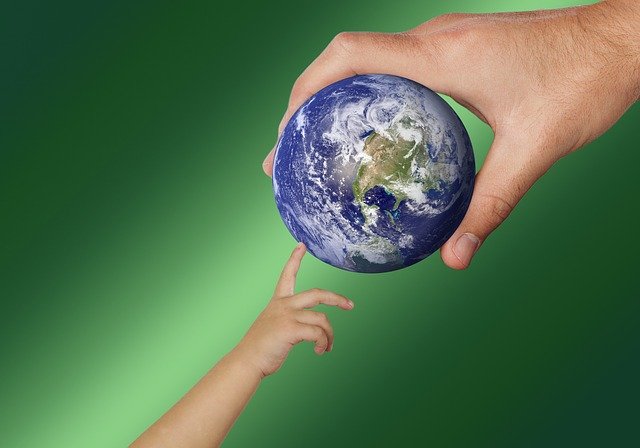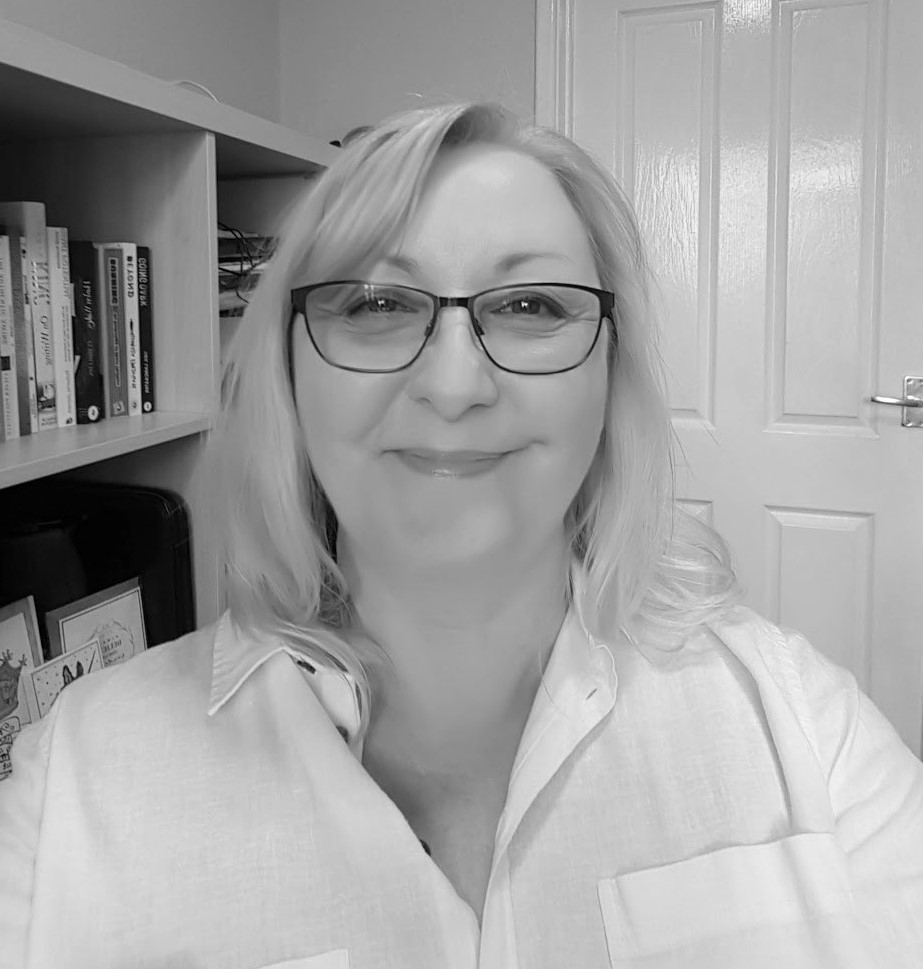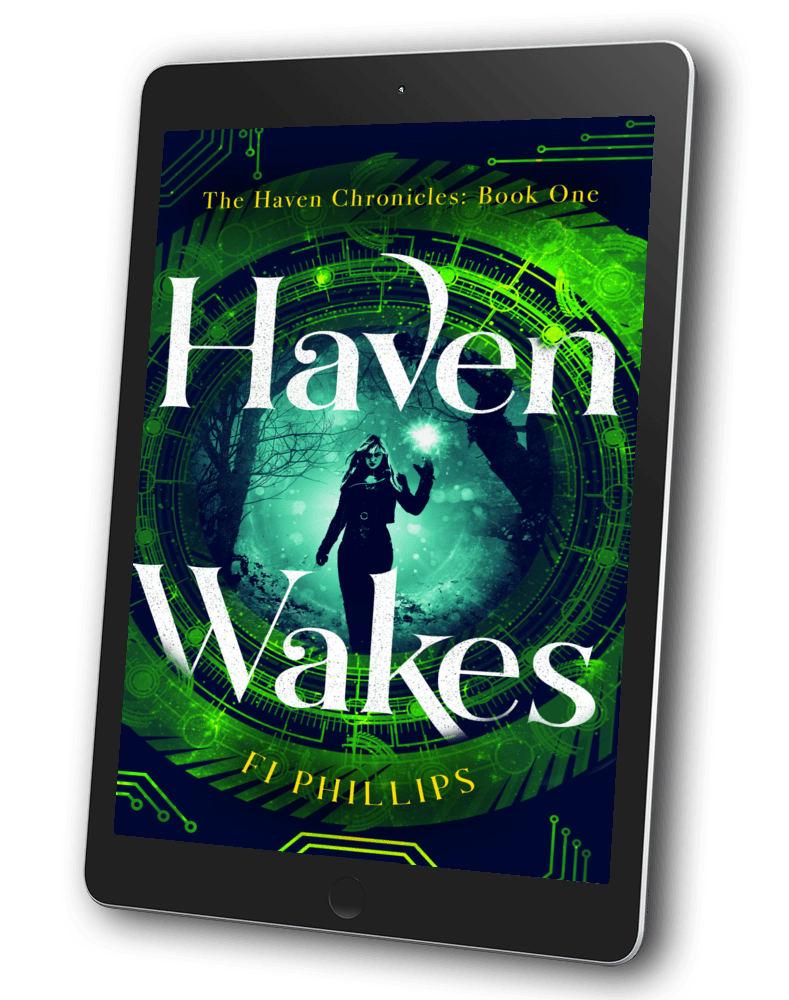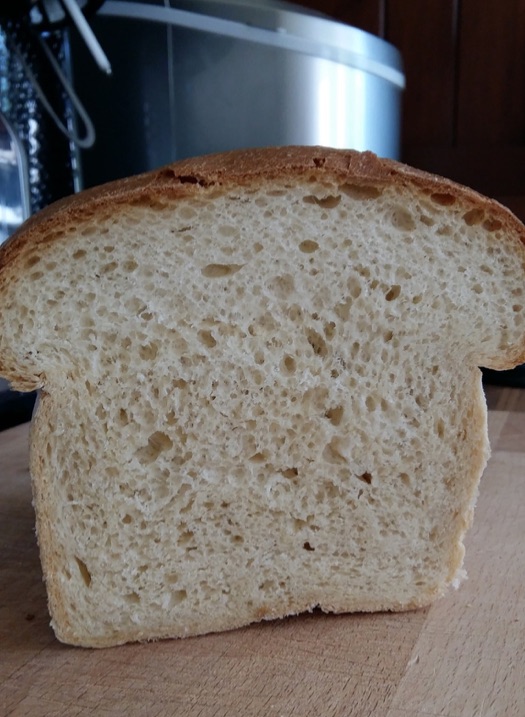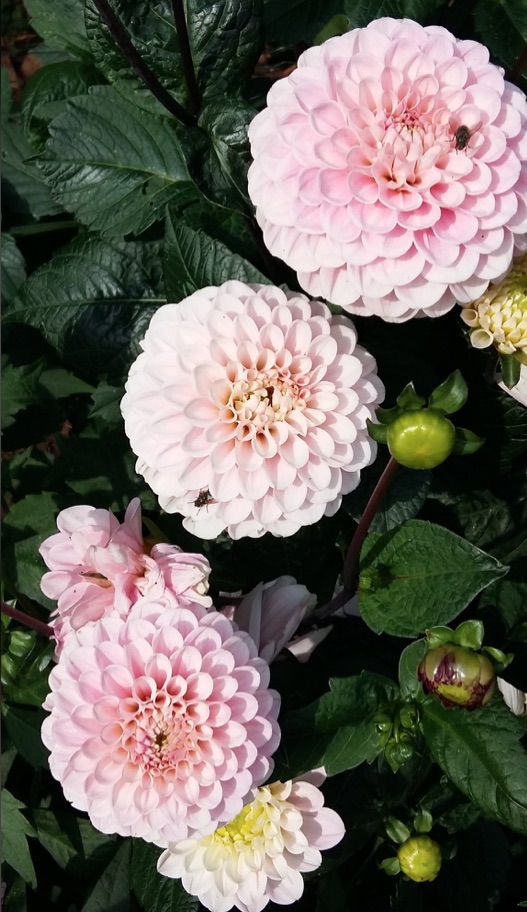I was contacted this week by a younger writer who wanted to know how I was able to keep writing when dealing with my own doomerism. In case you are not familiar with the term ‘doomerism’, it basically describes people who have a fatalistic and pessimistic view of the future of humanity. I’d never heard of the term but it makes perfect sense, particularly for younger people. It’s all right for the rest of us, isn’t it? Chances are, if you’re over forty, you’ve had an education, found a partner, maybe had kids, you have a home and a career and if the whole world ended tomorrow, at least you had a life for a while. At least you had the chance to experience a certain amount of things. Younger people quite rightly fear that they won’t get the chance. Everywhere you look, everything is very bad. For creative people this can be a real problem. How can you sit down and write poems or stories when you’re convinced the world will end before you get a chance to share them?
To answer this, first of all let’s take a quick look at the reasons young people are experiencing doomerism.
- Climate change – probably the biggest concern for young people today. This summer has really brought it home. Wildfires, droughts, water shortages, crop failure… These things are happening and happening on our own doorsteps. The UK is having its driest summer since 1935 and recently broke the record of highest temperature recorded when we tipped over 40 degrees. We are used to being a wet green country, not a parched dry one. Many counties here have hosepipe bans and restrictions in place and although some rain has now arrived, the dry weather is predicted to go on until October. We had a dry winter last year and if we get another one, we are in real trouble.
- The cost of living – another worldwide issue, but one that is really affecting people right now where I live. One of the big supermarkets is about to introduce a buy now-pay later scheme for food shopping. Seriously. Wages are falling as inflation is spiralling. It is becoming impossible here for young people to rent a home, let alone buy one. Our money is not even stretching to cover the basics which means more and more people are working just to live and life should not be like that. It’s depressing. Especially for young people.
- Fuel crisis – whichever way you look at it, we are in trouble. The big companies are raking in record profits while UK households are seeing their bills soar to levels that will be simply unaffordable for most. The war in Ukraine has added to the problem with some European countries planning to ration gas amid fears of power shortages and cuts.
- Threat of nuclear war – We haven’t been this close to possible nuclear war since the 1980’s and it’s terrifying.
I could probably go on! But I think the list above covers the big ones and hints towards their implications such as food shortages, famine, decimation and extinction of wildlife, recession…
So, not a lot to feel hopeful about maybe? And how the hell could anyone put pen to paper with all this fear running around their head? I mean, with this shit to look forward, why put an effort into anything? It’s all pointless, right?
Nope.
Not to me. And here is why.
- You are alive. Whether your life is what you imagined or hoped it would be, whether everything feels hopeless or not, whether you are rich or poor, fat or thin, tall or short, you are alive. You exist. You are here. You didn’t get flushed down the toilet, you weren’t lost to a miscarriage, you didn’t die in the womb or when being born, or as an infant. None of us know how much time we have here but while we have it, we ought to grab it with both hands and make the most of it. Easier said than done, I know, but every now and then just think about it. You are alive. You are the only you. No one else like you has ever existed and no one else ever will. You are a one off.
- You are young. A lot can happen in a short time. A lot can happen in a lifetime. It sucks to be born in such a turbulent times but people have been born in worse times. Don’t let it beat you. Refuse to. Fight back any way you can. Be resilient. Be tough as hell. You deserve a life and to be happy just like the rest of us. You haven’t got it as easy as previous generations but you can change it.
- Economic and societal systems change. They have before and they will again. We are currently, in my view, at the end stage of capitalism. It’s eating itself and destroying the planet and it can’t go on much longer. But we used to live under other systems and we can do again. Nothing stays forever. Everything has its time and then time moves on. I think we are in for a lot of chaos due to capitalism, what it has done to the planet and to us, but something else will emerge because it always does.
- It gets worse before it gets better. I truly believe this. Sadly, humans seem to have to let things get really, really bad before they wake up to what is going on and start to demand change. That’s far harder when the establishment control most of the media but eventually people’s lives become so opposite to what the media is peddling, that they realise they have been duped. This is happening right now with people waking up to the fact energy and water companies should never have been privatised and run for profit. It might take a while to change things to help people, but it all starts with public opinion shifting and it is.
- When things are scary, knowledge is power. I like to know what is going on so that I can prepare for the worst case scenario. I’m not exactly a dooms day prepper. I don’t have an underground bunker, weapons or a hazmat suit stashed in the wardrobe, but I do like to be prepared as much as I can. It makes me feel better, less helpless. When Russia invaded Ukraine and there was fearful talk of a nuclear war, I started researching how to survive one. I keep a survival notebook full of tips on how to find water, filtrate and sterilise it, different ways to start fires, build shelters, and so on. I add to it all the time. Anything that might be handy. I buy more basic foods than I need just to keep up a good supply. It might be useless, it might be nowhere near enough, but it is something and it is better than doing nothing because it makes me feel less helpless. One major thing everyone should get to grips with right now is growing their own food and collecting their own water. Hopefully this record breaking summer has woken people up to that.
- Words can change the world. Think about the power of words and books to change the world and shift opinions. It’s staggering. Stories are what bring us together and stories help humans interpret the world and respond to it. Writing and other creative pursuits are so important during difficult times. As a writer, you have the power to hold a mirror up to society and let people know what is going on.
- Writing is therapeutic. It really is! But you have to do it and commit to sticking to it to really feel the benefits. If you give up on writing or allow doomerism to put you off and consider it pointless, then you’re going to feel even worse. Writing can help you, so let it. Write about your fears, your hopes, your anger, your disappointment. Pour your thoughts, emotions and dreams into characters and stories that will carry the weight for you.
- Writing allows an escape. Just like reading, when times are tough, writing allows you an escape into another world. I love my other worlds and I feel the longing to escape to them whenever I’ve had a stressful day. Those worlds are your creations and you can control them and vanish into them any time you like.
- Don’t lose hope. Despite everything, we have to hold on to hope. Sometimes it feels like the world is full of bad people and not worth saving but I think tough times bring out the best in people; something more primal and ancient emerges when our backs are against the wall. I always remember a quote I once came across that said whenever you see a tragedy, look for the people who are helping. It’s simple but true. Cars crash on the road, people stop, phone the emergency services, run in to help if they can. Natural disasters occur and people rush in to save strangers. Everywhere that something terrible happens, you will see ordinary people helping others. It is in our instincts to help and protect each other and I still believe that most people are good.
- Fight back. Join a political party that shares your concerns for the future. Volunteer, spread the word, or just bring up the conversation with your family, workmates or in your place of education. Conversations need to be had about where we are all going so why not start them? You might just make a few people think about it for the first time. In short, if you give up, the bad guys win and we can’t let them do that.
I hope this is a helpful list to any young people feeling understandably anxious about the future right now. Is there anything you would add to it? Feel free to comment and share!
